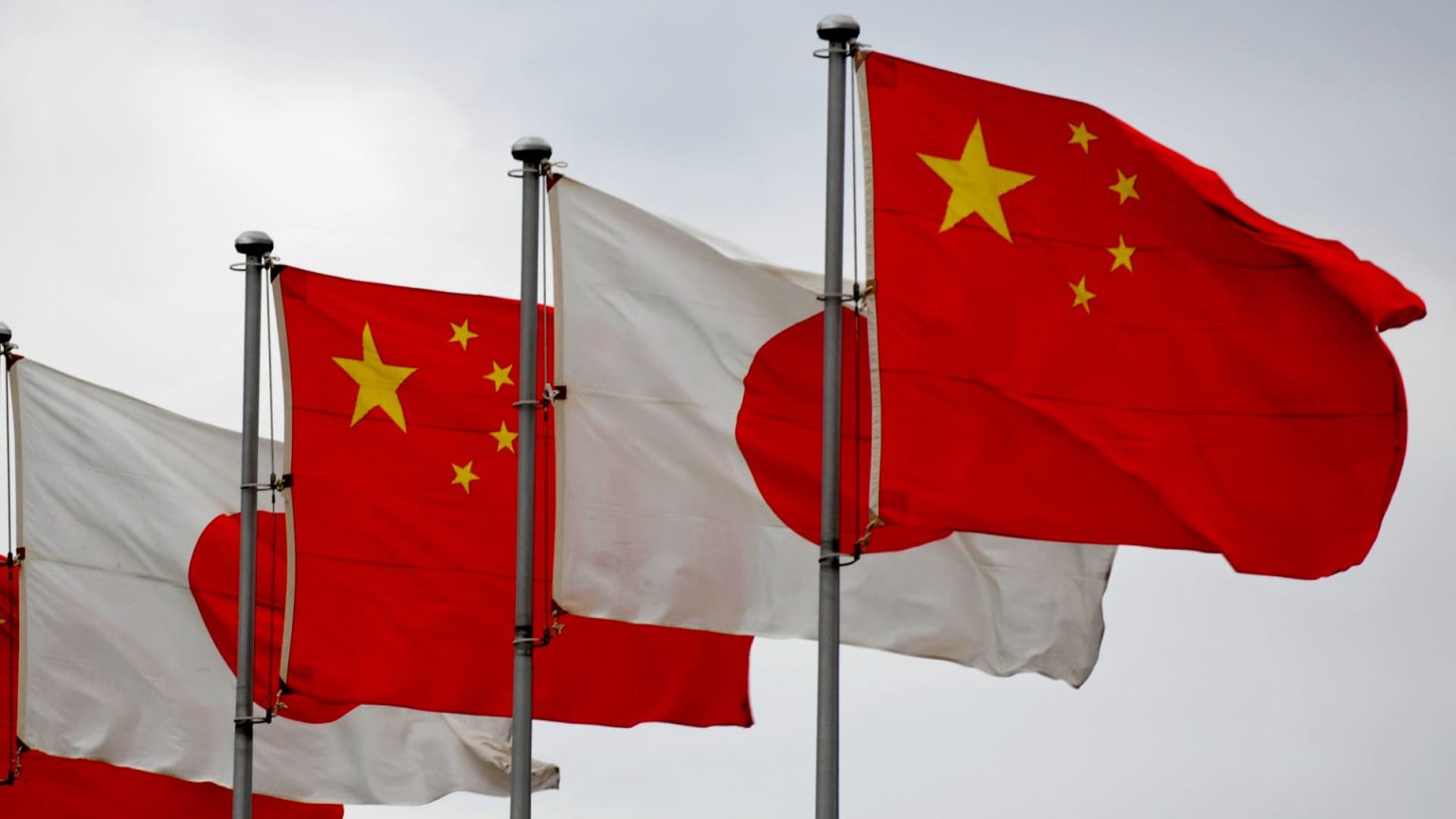The relationship between China and Japan is currently at a critical stage, with Chinese Foreign Minister Wang Yi expressing this sentiment to his Japanese counterpart during a recent meeting. The two diplomats discussed a variety of contentious issues, including the detention of Japanese nationals in China, food import bans, and semiconductor curbs. This meeting took place on the sidelines of a gathering of foreign ministers hosted by the Southeast Asian bloc ASEAN in Laos, ahead of important summits such as the East Asia Summit and the ASEAN Regional Forum. Despite past tensions over territorial disputes and trade issues, there have been recent efforts to resume consultative talks between the two countries.
Wang emphasized the importance of the current point in China-Japan relations, stating that it is a time for advancement or risking being left behind. He reassured the Japanese side that China’s policy towards Japan has always been stable and consistent and urged Japan to adopt a positive and rational approach towards China. During the meeting, Kamikawa urged Wang to lift import restrictions on Japanese food products that were imposed by China in response to Japan’s decision to release treated water from the Fukushima nuclear plant into the sea. Additionally, she called for the early release of detained Japanese citizens in China, citing concerns about the impact on Japanese nationals and companies operating in China.
The ongoing semiconductor export restrictions imposed by Japan, in alignment with other G7 countries, were also a topic of discussion during the meeting. Kamikawa clarified that these restrictions were not targeting any specific country and expressed Japan’s willingness to engage in constructive communication with China on this issue. Both ministers agreed to prioritize regular communication and extended invitations to each other to visit their respective countries for further talks. These efforts highlight a potential thaw in the strained relations between China and Japan, with hopes for improved cooperation and understanding in the future.
The arrest of a high-profile executive from Japanese drugmaker Astellas Pharma in China last year had a significant impact on business operations and foreign investment in China. This incident, along with the broader context of strained relations, has led to challenges for Japanese expatriates working in China. Kamikawa stressed the importance of creating a conducive environment for Japanese nationals and companies to operate in China, indicating a desire for greater stability and predictability in bilateral relations. The Japanese government’s concerns about the business environment for Japanese companies in China were clearly articulated during the meeting with Wang, underlining the need for both countries to address these issues for mutual benefit.
In recent months, there have been signs of a gradual reconciliation between China and Japan, with the resumption of consultative talks and efforts to strengthen communication channels. Both countries have expressed a willingness to engage in constructive dialogue on contentious issues such as import bans, semiconductor restrictions, and detained nationals. While challenges remain in the relationship between China and Japan, there is cautious optimism for a more stable and cooperative future. The mutual invitations extended by the two foreign ministers to visit each other’s countries indicate a commitment to maintaining open lines of communication and fostering better understanding between China and Japan.


